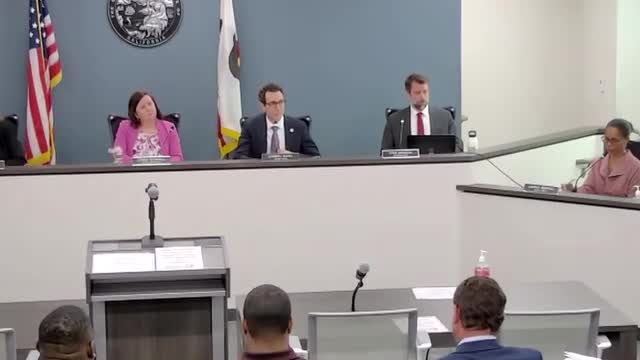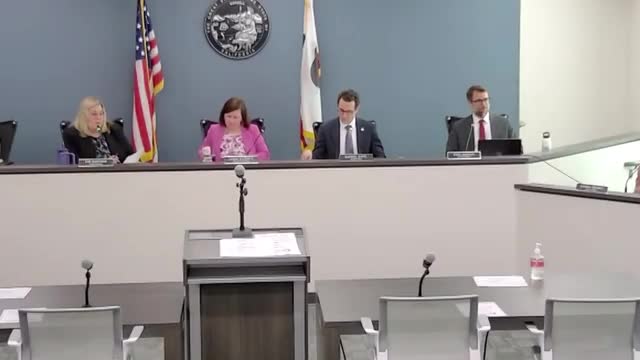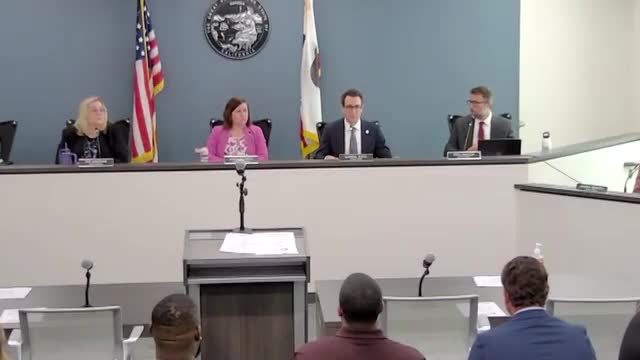Article not found
This article is no longer available. But don't worry—we've gathered other articles that discuss the same topic.

Exonerees, innocence groups urge CalVCB to remain neutral after staff role cited in proposed SB 490

CalVCB adopts proposed decisions on multiple Penal Code §4,900 claims, approving several large exoneree awards and denying one claim

